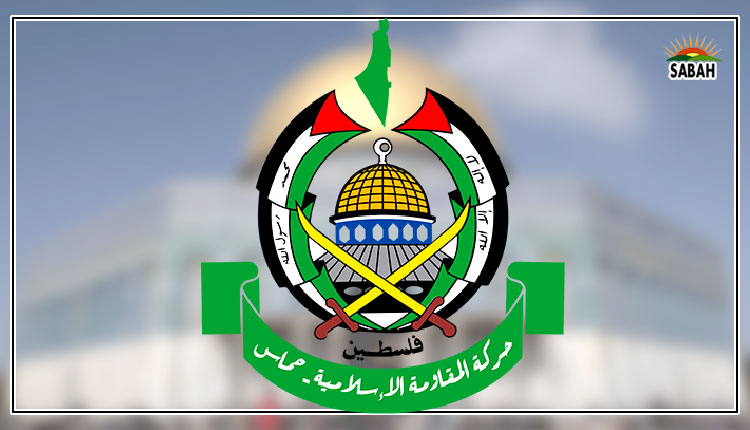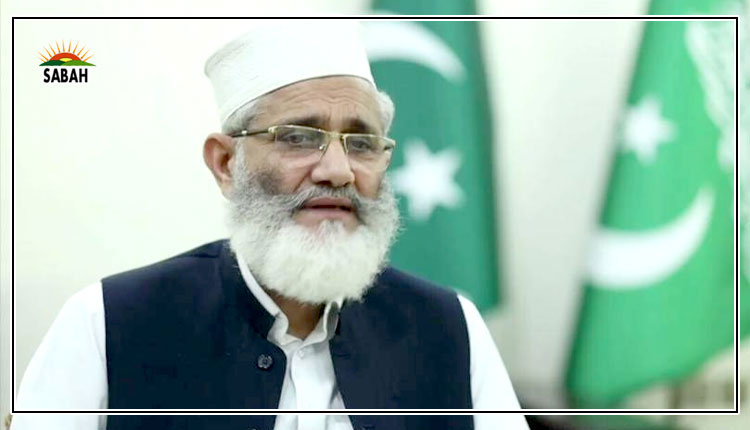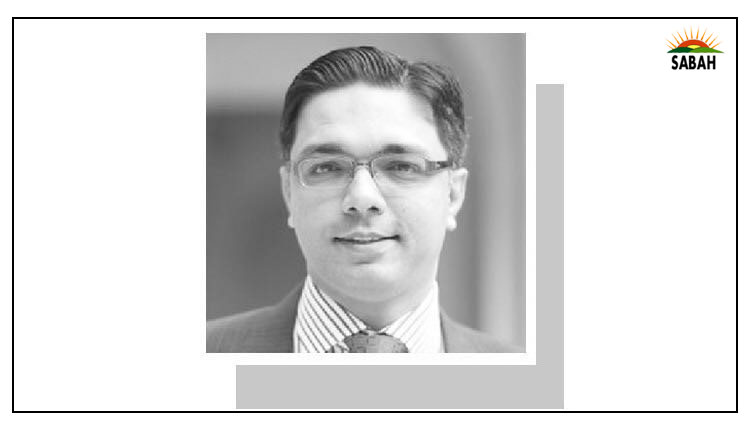The big solution?….Muhammad Azfar Ahsan
MY forays into the annals of Islamic finance history often take me to new places. I walk through the arched domes, the cobbled streets with the minarets on the horizon resounding with azans. I see prominent jurists in discussion and keep discovering new things. For example, read about the karimis (venture capitalists in Islamic history), a business group controlled by 50 merchants of diverse origins who lent sums to traders, merchants, and any promising individuals for investments. They controlled almost all the major trading routes.
I believe that Islamic economics has all the concepts and instruments that encourage sustainability. If there is an answer to the issues facing the world today, many of them might be found here. The simple fact that the state of Madina and subsequent Islamic empires, including Aurangzebs in India (dictated by Fatawa-i-Alamgiri), were prominent for their economic prosperity and common welfare, confirms my understanding.
Dar announces riba-free banking system, withdrawal of appeal filed with Sharia court. Reading this, I wasnt surprised. I have been writing about Islamic bankings essential core of well-being as perhaps the best solution to this quagmire that confronts us. However, theorising and implementing are two distinct fields, and the latter requires a roadmap that befits the idealistic notions of the theory without compromising on the global financial models in which we are already entwined, and an escape from which, at short notice, may not be a luxury available to us.
Islamic financial instruments (IFIs) are intrinsically welfare-oriented, with facilitation for small and medium-sized enterprises (SMEs), the progress of the majority, and significant enabling of capitalists to become leaders of the market by investing back into it being a few of the bonus points that make it a wholesome alternative system. The recent burst in the intensity of Islamic banking in Pakistan is economically driven, as Pakistan journeys through its worst economic times. And the recent resilience of Islamic holdings against recession and economical twists has convinced the authorities that it may be the best step forward.
Islamic economics encourages sustainability.
As a developing country, we have faced economic challenges which were often compounded by political instability. The correlation between political instability and economic tide and ebb has stayed consistent. But for the first time, this instability is combined with a sense of hopelessness and confusion. This is where Islamic banking can play the most significant role.
Tracing historical steps, the Commission for Transformation of Financial System was constituted in January 2000. The first interim report of the CTFS was submitted in October 2000, the second in 2001, and the final submission in August of the same year. It had clear guidelines for the transformation to Islamic mode. Assets and liabilities, term finance certificates, the State Banks refinance schemes, credit cards, interbank transactions, underwriting, foreign currency forward cover, and various kinds of bank accounts, along with the need for creating legal infrastructure conducive to the working of the Islamic financial system, education, and training programme for bankers and their clients, and a campaign through media for general public awareness about the Islamic financial system, were very much part of the ambit. As per the new plan, the shift to an interest-free economy would be made in a gradual, phased manner, without causing any disruptions. All loans would be moved to Islamic instruments for repayment schedule.
As a former chairman of the Board of Investment, my insight into the interest-based, debt-ridden economy, and the backbreaking burden of repayments had convinced me that, as a nation, we need an alternative system. Globally, there are approximately 520 banks and 1,700 mutual funds that comply with Islamic principles, with financial assets that are projected to grow to nearly $3.7 trillion by 2024.
The success of Meezan Bank as the largest Islamic bank in Pakistan, the rise of Al Baraka Bank, BankIslami, Dubai Islamic Bank Pakistan, Islamic windows of almost all conventional banks, and now the worlds largest conversion of a conventional into an Islamic bank with Faysal Bank their upward trajectory underlines the success of IFIs.
To summarise, I would like to refer to the IMF staff discussion note of 2015 that highlighted three areas that can improve immensely using IFIs: the promise of greater financial inclusion, especially of large, unbanked populations that resisted interest-based finance; its asset-backed financing; and risk-sharing features, which inherently support SMEs. Pakistan has a lot to gain. There are challenges, but then no mountain is ever summited without the climb.
The writer is a former minister of state and chairman Board of Investment.
Courtesy Dawn, February 17th, 2023












